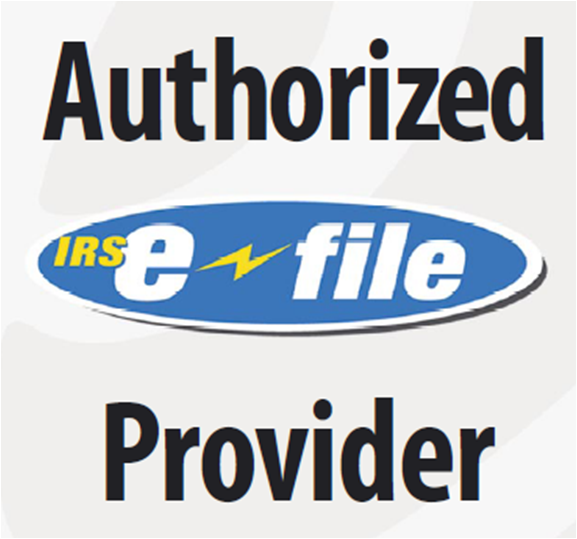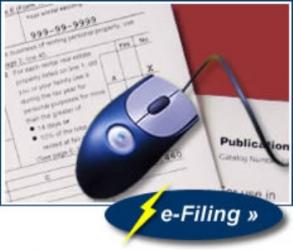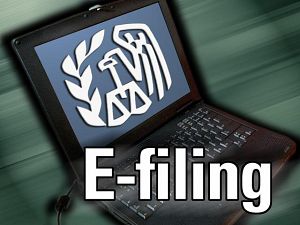For owners operating more than 25 heavy highway vehicles it becomes mandatory to e-file their HVUT form 2290 tax returns. However, IRS recommends usage of e-filing or electronic filing for all HVUT return filers.
As the IRS itself does not provide a way to E-File this form through their website they have approved several third party service providers to E-File the Form 2290 on behalf of those taxpayers who need to file HVUT
So when you select a e-file provider, it is important to be sure that they are an Authorized by IRS and to make sure that they can handle all of your truck tax needs, with all the advanced features in order to get your stamped copies quick and safe Continue reading










 President Obama announced the first-ever fuel-economy rules for semis, buses and other heavy-duty vehicles — down to HD pickups.
President Obama announced the first-ever fuel-economy rules for semis, buses and other heavy-duty vehicles — down to HD pickups.